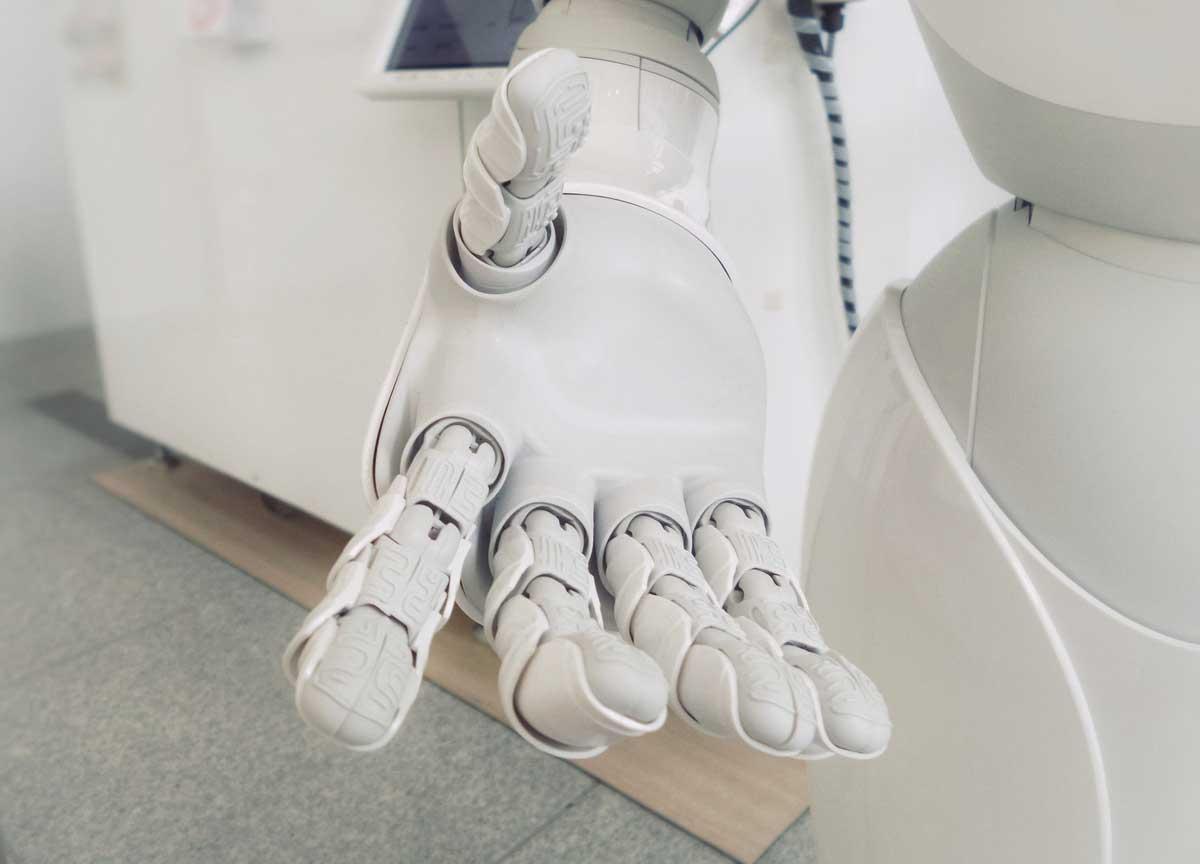By
Natasha Bhiwgade
Africa-Press – Tanzania. We are already living in the world where AI is a multitasker, not just a top-up. It has become an essential part of several aspects of modern life, from everyday convenience to cosmic ambition. It is reshaping our world and unlocking possibilities once confined to science fiction.
In this rapidly evolving landscape, it’s no surprise that the question, “Will AI replace my job?” has been on top of the mind for IT professionals for more than half a decade, and one thing is clear: the AI race has already kicked off; those who embrace it will be at the forefront, and those who delay will be left in the dust.
Today’s businesses seek AI-ready talent who combine technical expertise with human-centered thinking. This shift is clearly reflected in the actions of industry leaders: Microsoft CEO Satya Nadella noted that 20 to 30% of the code in some of their repositories is already generated by AI tools, while Meta CEO Mark Zuckerberg revealed plans for AI to handle half of Meta’s coding by 2026. He envisions a future where every engineer becomes more like a tech lead, working alongside their own “army” of AI agents, focusing on high-level strategy rather than executing every detail manually. These strategic moves highlight how AI is rapidly enhancing software development and emphasize the growing demand for professionals who can effectively collaborate with intelligent systems.
While we have seen minimal shift in workforce dynamics due to AI integration so far. Yet, most organizations are actively exploring ways to harness AI for more complex functions. Nonetheless, in some industries, this has already led to a slight decline in workforce numbers, with certain companies even halting the hiring of software engineers. As AI capabilities continue to advance at a rapid pace, it is no surprise that the question, “Will AI replace my job?” is becoming increasingly common, and it is a completely valid concern.
Although advanced AI technologies such as Gen AI, agentic AI, and edge AI perform well in generating expected outcomes, they often fall short when it comes to true innovation, scalability, and decision-making in complex environments.
In fact, OpenAI’s research team has recognized that AI models hallucinate in at least 58% of cases, generating incorrect or misleading data, which can lead to inconvenience and, in some cases, serious risks.
Despite these challenges, integrating AI appears essential; the most forward-thinking organizations see it not as a threat, but as a copilot.
Rather than fearing job loss, the 20 American Heartland States (which collectively form the world’s 3rd-largest economy) are investing in building an AI-driven workforce. Business and policy leaders are investing and partnering in providing training programs and educating on AI programs to upskill the heartland workforce for the AI-driven era.
Michigan’s Statewide Workforce Plan, by the Department of Labor and Economic Opportunity (LEO), published “AI and the Workforce Plan,” where they mentioned if Michigan takes the lead in developing AI strategy, infrastructure, and workforce training, the state could gain up to $70 billion in monetary impact and create 130,000 good-paying jobs, enabling individuals to focus on opportunities of growth with AI adoption.
Lieutenant Governor of Michigan Garlin Gilchrist II said, “Working with AI technology helps prepare our workforce to lead with the skills and tools Michiganders need to thrive in a rapidly evolving economy.”
The European Union has launched a €200 billion “InvestEU initiative” (one of the largest investments in AI history) to make the EU a leader in AI innovation by 2030. This investment is expected to boost Europe’s AI technology strength. This plan also includes investing in AI education and AI-ready talent.
AVPN (Asian Venture Philanthropy Network), one of the largest networks of social investors in Asia, invested $15 million in the AI Opportunity Fund, supported by Google.org and the Asian Development Bank. Under this initiative, they welcomed 10 strategic partners and later selected 49 additional organizations to equip underserved groups with AI skills and access.
In a post-AI world, where technology continues to transform the job landscape, the emergence of new skill sets will be critical in distinguishing competitive and resilient businesses. Those who act early and embrace AI’s potential will help shape a future that is not only innovative but also responsible. Industry leaders are increasingly recognizing that the true value of AI lies not merely in cost-cutting or reducing headcount, but in redirecting to take smarter strategic decisions, optimizing resources, and fostering stronger customer relationships. A truly dynamic future will emerge when we combine the power of AI with uniquely human strengths such as empathy, curiosity, and critical judgment to drive meaningful innovation, lasting connection, and significant productivity gains in the long term.
moderndiplomacy
For More News And Analysis About Tanzania Follow Africa-Press







